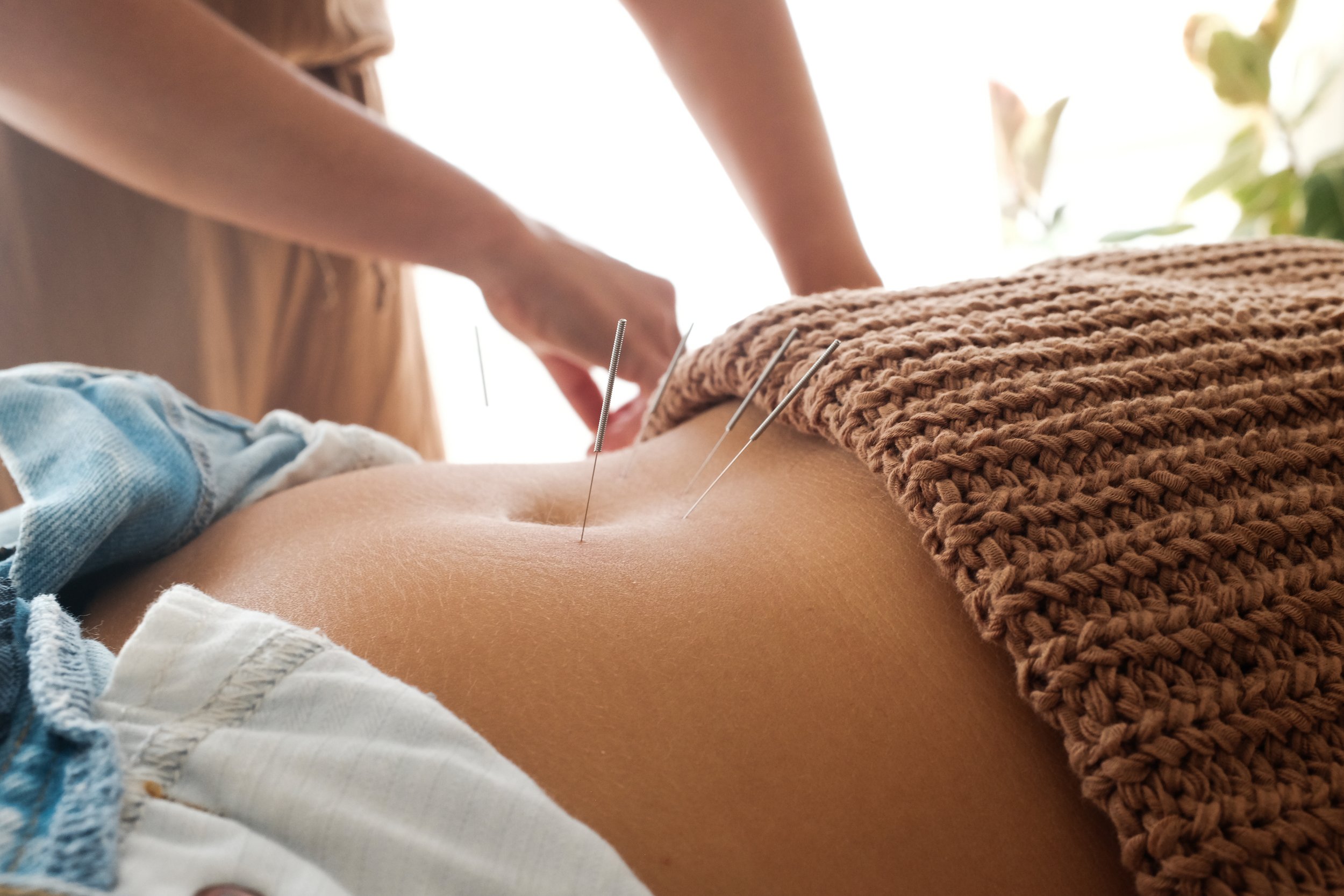Transitioning off of Hormonal Birth Control
How to support your body naturally when coming off hormonal birth control
I get it, it seems like a daunting task. Some of us went on the pill in our teens and haven’t known life without it since. We were prescribed it because we had acne, heavy periods, intense cramps, headaches, etc.
If you’re interested in going off of hormonal birth control whether you’re planning for pregnancy, you are sick of taking a daily pill or living with an IUD, or you’ve been experiencing undesirable symptoms as a result of the hormones, I encourage you to get curious about your cycle and feel empowered to dive deeper into understanding your body, how it naturally ebbs and flows, what your fertile window feels and looks like, and begin attuning inwards to notice how you shift throughout your cycle to start creating new habits to support yourself at each phase.
You can find support in this process by 1. start to get to know YOUR body 2. arm yourself with knowledge on hormonal health and tools that can support it and 3. work with a dedicated healthcare practitioner who will help guide you.
The Process…
First, let’s understand what’s happening in your body when you are on hormonal birth control.
Each type varies a bit, however they all contain synthetic forms of estrogen and progesterone which alter your body’s natural production of these hormones. Hormonal birth control can prevent ovulation, thicken cervical mucus to prevent sperm from reaching the egg, or prevent fertilized eggs from implanting into the womb.
Given your body decreases it’s natural production of estrogen and progesterone when you’re on hormonal birth control, with the transition off, it will take some for your body to regulate hormone production. And this is where patience, curiosity, and a desire to understand your own system comes into play.
The Transition…
You’ve stopped the daily intake of hormones, now what? This is where we see variability from person to person.
You may see symptoms that you had prior to starting birth control. Your cycle could be short, long, or erratic (sometimes short, sometimes long). You may experience temporary amenorrhea (lack of period). Mood swings, acne, and low libido are all common.
I encourage you to not let this stop you from going deeper. These symptoms are telling you something is out of balance. There’s a message to listen to. Rather than ignoring the message by suppressing symptoms, your body is inviting you take notice and work with it.
How Can I Support My Body…
From a Traditional Chinese Medicine perspective, acupuncture and herbal medicine can work on rebalancing you holistically by reconnecting the parts of your body that were out of touch with one another. Overtime, the result will be regulating cycle length, promoting ovulation, increasing blood circulation, regulating quantity of blood flow, strengthening the gut, alleviating symptoms of PMS, relieving pain, and curbing mood swings by down regulating the nervous system.
From a Western physiological standpoint, the main goals are to support the detoxification pathways of the liver, treat gut health as well as any nutritional deficiencies through diet and supplementation.
Cycle tracking through monitoring your daily basal body temperature shifts and changes in cervical mucus can support you in understanding your cycle, when you’re ovulating, how long each phase is and if it’s occurring at regular intervals.
Cycle syncing through diet and exercise can further support you. This means choosing foods and different forms of exercise based off which phase of your cycle you are in, allowing you to work with the natural shifts in hormones throughout the course of your menstrual cycle.
How Long Will This Take…
Everyone is uniquely different, so there’s not one answer. But generally speaking, your body needs at least a couple months to readjust, regulate, and find it’s natural rhythm.
With the support from Chinese medicine, treatments should take place over the course of 3-6 cycles, working with the changes that arise throughout that time period. If you have a more complex condition such as PCOS, endometriosis or fibroids, it may take longer to regulate.
Takeaways…
You are not alone in your experience. Irregular cycles with PMS that disrupts your quality of life is common, but it is not normal. It is entirely attainable to cycle free of pain, distress, and unmanageable ups and downs.
Begin to attune inwards to see what signals your body is sending you!

